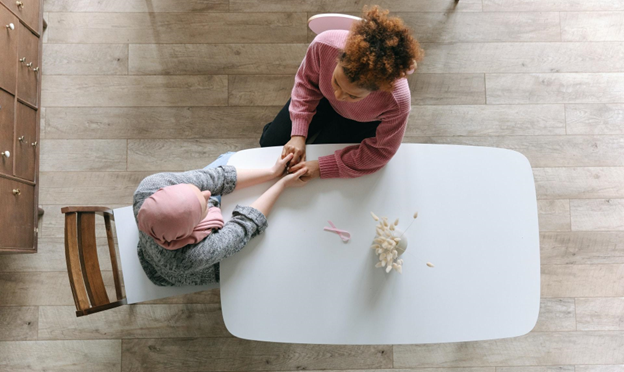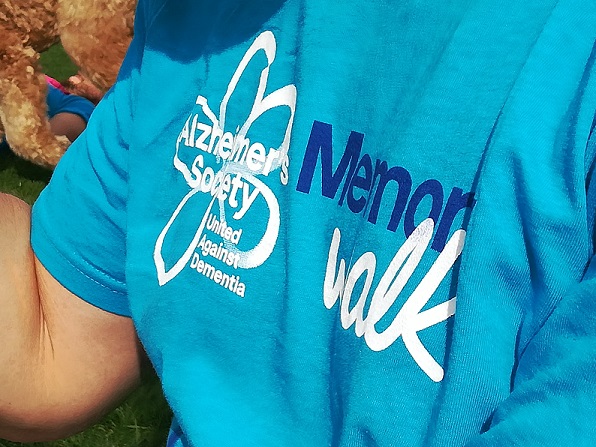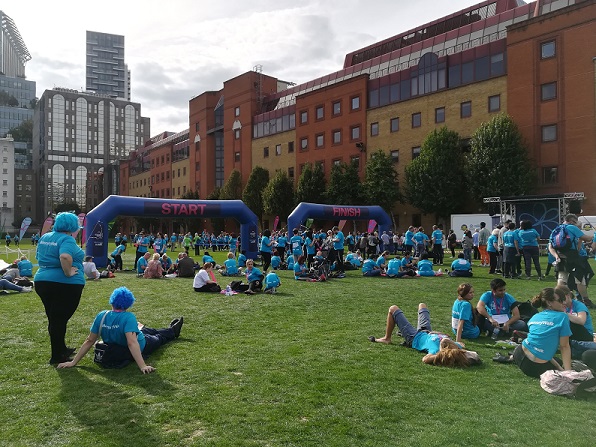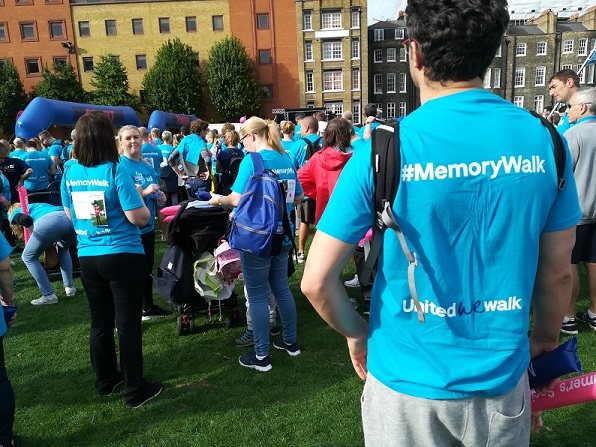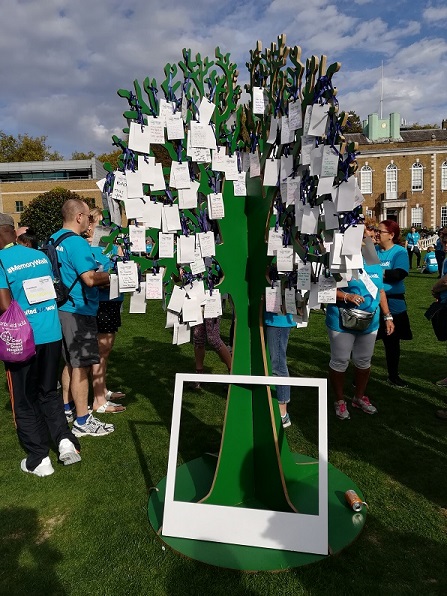As we age, maintaining a healthy mind becomes increasingly important. Alzheimer’s disease, a form of dementia, poses a significant threat to cognitive function. While there’s no foolproof method to guarantee immunity, adopting certain lifestyle habits may help prevent or delay the onset of Alzheimer’s. Let’s explore key strategies to safeguard your cognitive well-being.
1. Stay Physically Active
Regular physical activity has been linked to a reduced risk of cognitive decline. Engaging in exercises that get your heart pumping increases blood flow to the brain, promoting the growth of new neurons. Aim for at least 150 minutes of moderate-intensity aerobic exercise per week, such as brisk walking or swimming, coupled with strength training exercises twice a week.
2. Adopt a Brain-Boosting Diet
A nutritious diet is crucial for brain health. Embrace the Mediterranean or DASH (Dietary Approaches to Stop Hypertension) diet, both of which emphasize fruits, vegetables, whole grains, lean proteins, and healthy fats. Foods rich in omega-3 fatty acids, such as fatty fish (salmon, trout), walnuts, and flaxseeds, have shown promise in supporting cognitive function.
3. Challenge Your Brain Regularly
Mental stimulation is akin to exercise for the brain. Engage in activities that challenge your cognitive abilities, like puzzles, crosswords, or learning a new skill. Consider taking up activities that require both physical and mental coordination, such as dancing or playing a musical instrument.
4. Prioritize Quality Sleep
Adequate sleep is vital for overall health, including cognitive function. Poor sleep has been associated with an increased risk of Alzheimer’s disease. Strive for 7-9 hours of quality sleep each night. Establish a consistent sleep routine, create a comfortable sleep environment, and limit screen time before bedtime to improve sleep quality.



